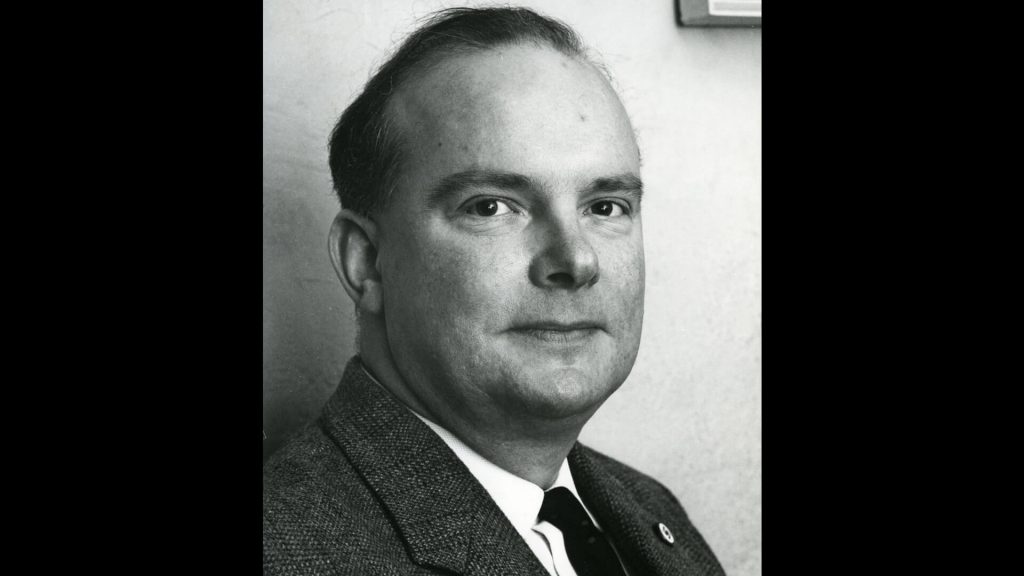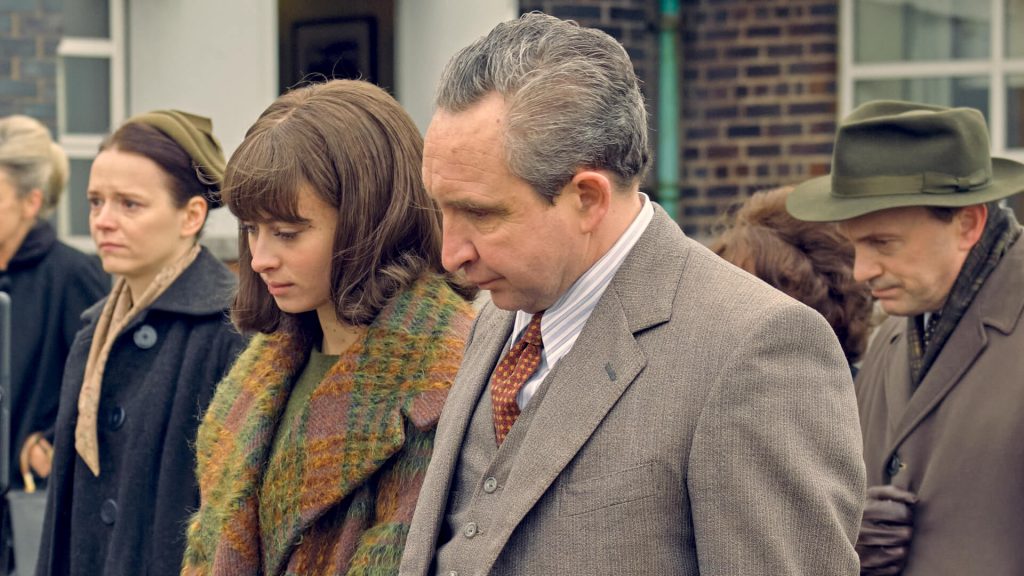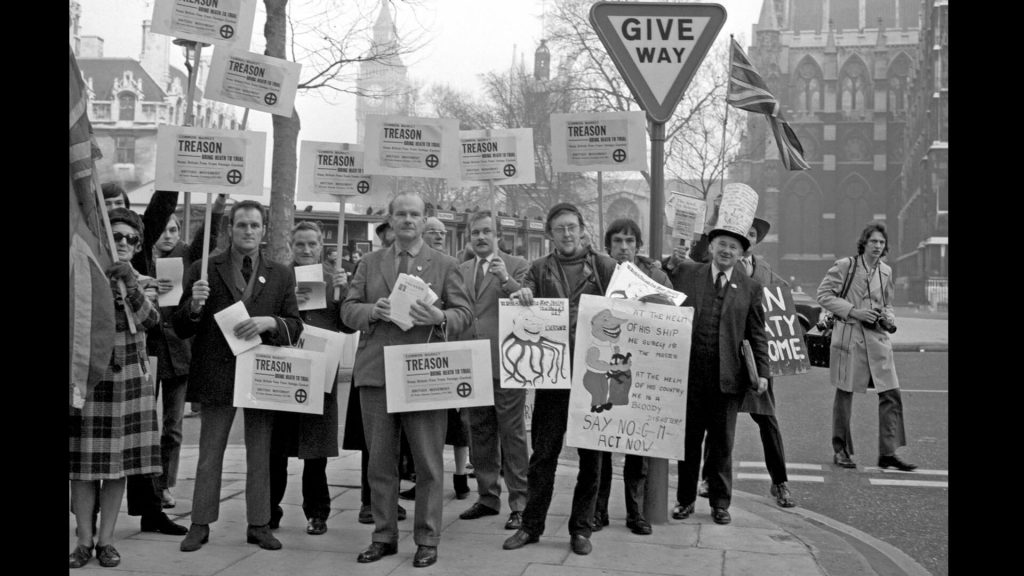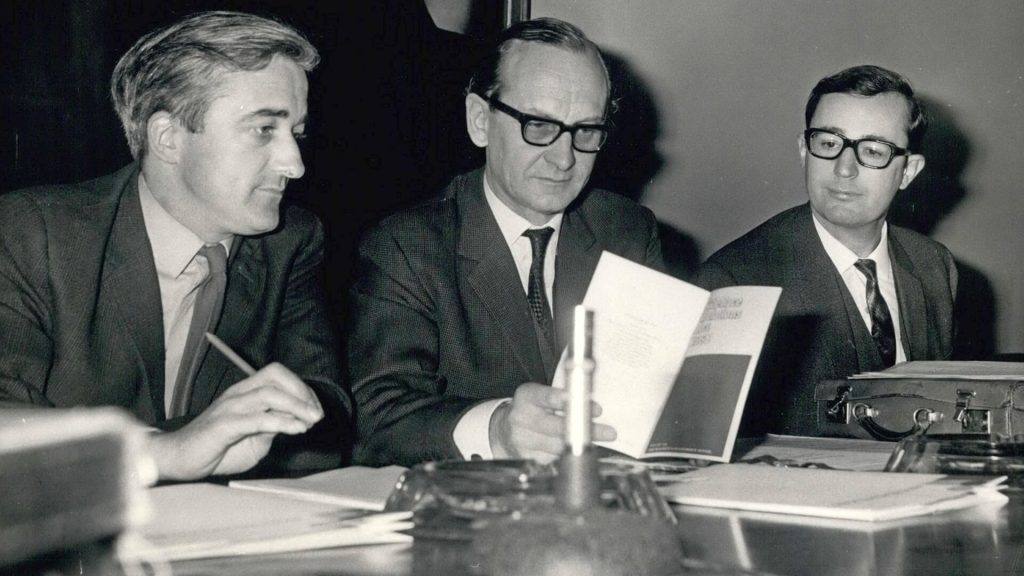History and Images: Episode 4
Wondering about the accuracy of Colin Jordan’s arrest in Ridley Road Episode 4 and whatever happened to him? What about the legacy of the 62 Group and the crack down on hate speech in Britain? Discover what really happened to Jordan, the National Socialist Movement, and organized anti-fascists in this history recap with comments from series writer and executive producer, Sarah Solemani.
- 1.
Was Colin Jordan Arrested?


Colin Jordan, British neo-Nazi party leader As Episode 4 concludes, onscreen text appears reading, “Later that year, Colin Jordan was arrested for setting up a paramilitary force. He was sentenced to nine months’ imprisonment.” Jordan and a few of his top staff were indeed, convicted under the 1936 Public Order Act for attempting to mobilize a private army called Spearhead. “This is a man who was prosecuted and charged with setting up a paramilitary force—that’s an armed, uniformed, trained army that he had…and he ended up getting nine months in prison. That was it,” Solemani tells MASTERPIECE.
- 2.
What Happened to the 62 Group?


Episode 4 credits this resistance group for giving police the critical evidence to arrest Colin Jordan in late 1962, but in fact police had Jordan’s paramilitary force under surveillance as early as 1961. Yet it is fact that the 62 Group’s protests, street battles, and intelligence gathering helped curtail fascist activities. “The overall arc of the story is one of hope and success because, without giving too much away, the show captures the great contribution this group made to pushing this party to the fringes of British politics,” says Solemani.
The 62 Group faded from the scene in the late seventies once the Anti-Nazi League was founded. One 62 Group member started a publication called Searchlight, focused on exposing far-right groups, antisemitism, and other forms of bigotry in Britain and around the world. Searchlight magazine publishes monthly to this day.
- 3.
What Happened to Colin Jordan?


Colin Jordan leads group of anti-common market protestors, 1972 Jordan’s story didn’t end with his 1962 arrest. He was resent to prison for 18 months in 1967 for hawking a racist leaflet called The Coloured Invasion. While Jordan served the latter sentence, his National Socialist Movement rebranded into the British Movement (BM), which continued to openly endorse antisemitism and began contesting regular elections. Once out of jail, Jordan led the BM, though his time at its helm ended in 1975 after the embarrassment of being fined for shoplifting women’s underwear. From the late seventies into the 2000s, he published a new-Nazi magazine called Gothic Ripples. Jordan continued to devote himself to advocating for extreme far-right activities until his death at age 85 in 2009.
- 4.
When Did Britain Pass Hate Speech Legislation?


Race Relations Board press conference, Nov. 11, 1968 Ridley Road is set in 1962 and shows British police actually protecting National Socialist Movement rallies under freedom of speech laws. “It’s only with new legislation [against] hate speech, the Race Relations Act, that Nazi imagery and language became illegal,” says Solemani. The Race Relations Act of 1965 was the first to criminalize racial discrimination and outlaw the incitement of racial hatred in the UK. There were almost one million immigrants living in the country at the time, and the Act was criticized for failing to address ongoing bigotry against them in employment and housing. As a result, The Race Relations Act of 1968 made discrimination within jobs, housing, and advertising unlawful as well.




















